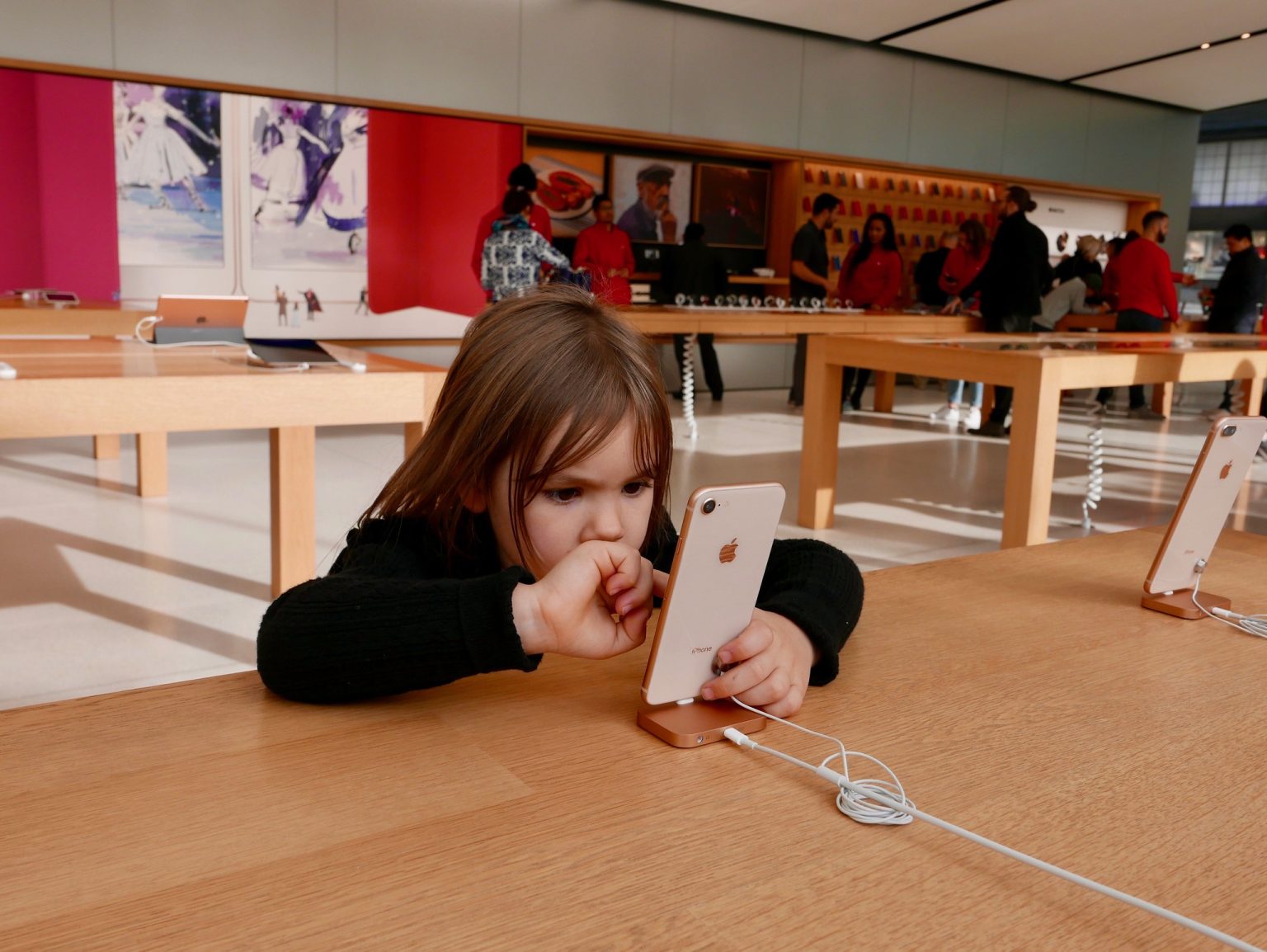In this article, the author discusses his struggle with his 11-year-old daughter’s desire for a smartphone and the impact of screen time on children. He consults with well-known Seattle-based documentary filmmaker and physician Delaney Ruston to gain insight into handling this issue. Ruston emphasizes the importance of open communication with children and suggests that parents set boundaries for tech use, such as no screens in the bedroom and having regular tech-related discussions with the family. She also recommends considering taking the Wait Until 8th pledge, which encourages parents to delay giving smartphones to their children until at least the end of 8th grade.
The author reflects on his past experiences with his 17-year-old son’s screen time habits, acknowledging that mistakes were made, especially during the global pandemic when in-person social interactions were limited. He notes the challenges of balancing the use of smartphones as tools versus treats and the need to be mindful of the behavior being modeled for children. Ruston emphasizes the importance of parents guiding their children towards emotional regulation and self-awareness rather than seeking constant happiness through screens.
Ruston’s advice focuses on fostering a healthy family environment by setting boundaries around screen time, encouraging open communication, and promoting critical thinking about the impact of technology on society. She points out the lack of regulation in the tech industry and the need for families to come together to navigate the challenges posed by excessive screen time. By having ongoing conversations with children and educating them about the potential negative effects of social media use, parents can empower the next generation to make informed decisions about their screen time habits.
The article highlights Ruston’s work in producing the “Screenagers” films, which explore the impact of screen time on young people and provide valuable insights for parents and educators. Ruston’s expertise in mental health and communication offers practical strategies for managing screen time within families and promoting holistic well-being among children. By encouraging families to engage in these critical conversations and take proactive measures to regulate technology use, Ruston envisions a future where children are equipped to make healthier choices in the digital age.
Overall, the article underscores the importance of balancing screen time with real-world experiences, fostering communication within families, and advocating for responsible tech use to support children’s emotional well-being. By seeking expert advice and guidance, parents can navigate the complexities of raising children in a digitally connected world while promoting healthy habits and self-awareness. Ruston’s insights provide a roadmap for families to address the challenges of screen time and empower children to thrive in a balanced digital environment.


